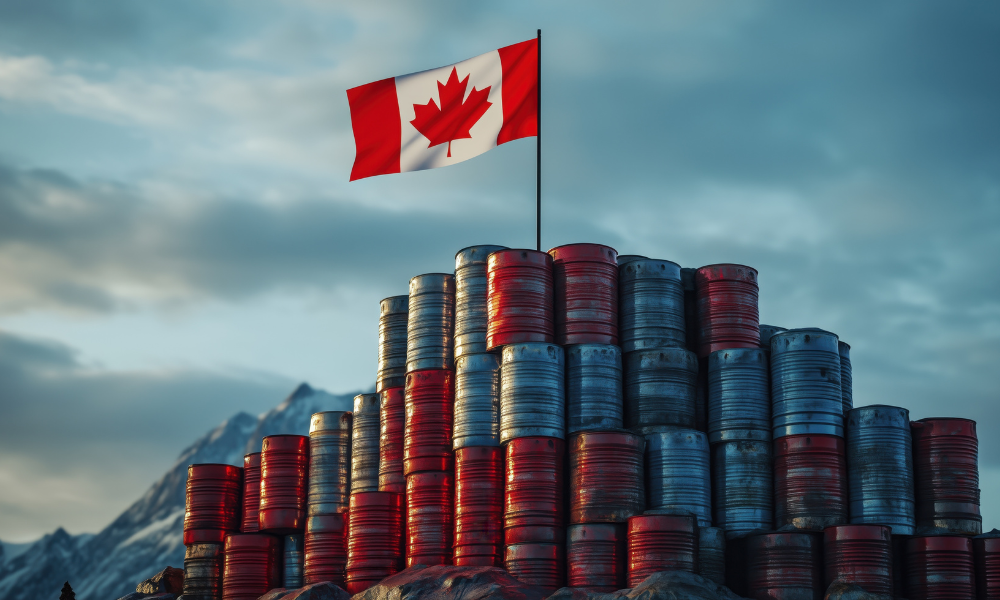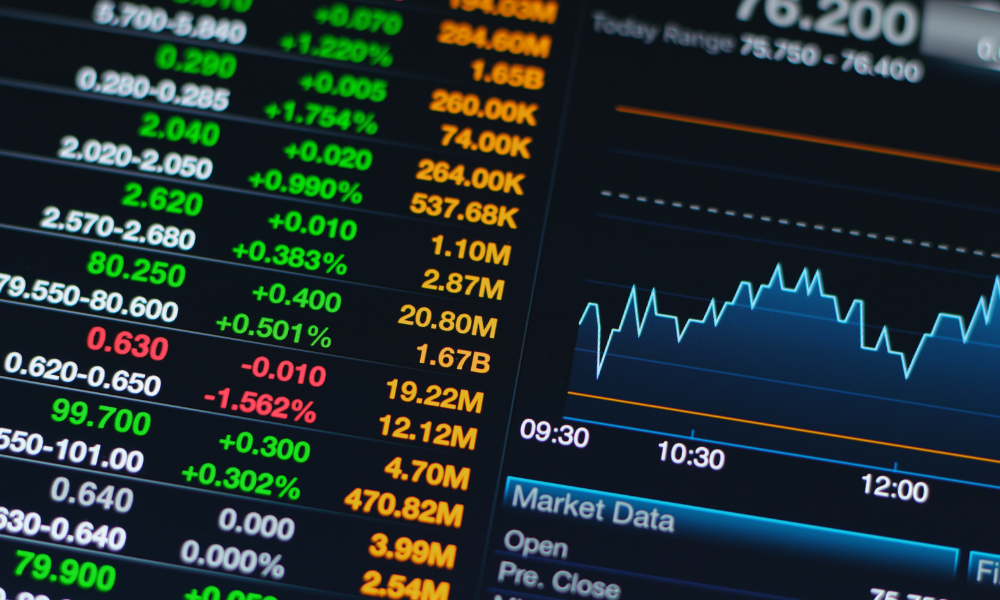LNG sector to see tailwinds in coming year, says ATB managing director

A spring survey conducted by ATB Capital Markets indicated steady optimism from major Canadian energy companies, even as the uncertainty surround US President Donald Trump’s tariffs cause a deep level of concern across the industry.
Respondents overwhelmingly expressed enthusiasm in the natural gas sector as the LNG Canada project inches ever-closer to its first shipment to Asian markets, while the ongoing construction of other Northwest B.C. facilities have fuelled positive reactions from the energy industry. The oil industry has been slightly less bullish about its future prospects, with cancelled pipelines such as the Energy East and Keystone XL unlikely to be revived anytime soon.
With the energy sector trading at discount prices compared to other sectors, Patrick O’Rourke says investors and advisors have an opportunity to build their portfolios around stable assets which have decades-long shelf lives. He says benchmark natural gas prices have also remained favourable throughout the year, another factor making energy investments an attractive proposition.
“When the opportunities come, if you can buy some of the strongest businesses in the space that can be the core and the backbone of your portfolio. You can take the opportunity if you have the wherewithal to do it, or the cash available in these parts of the cycle,” said O’Rourke, managing director of institutional equity research at ATB. “LNG Canada's on the cusp of coming on and we've had a pretty strong run in gas prices over the last 12 months as well. I think there's some enthusiasm there for gas businesses at this time.”
Pipelines have been a hot-button topic throughout the current election cycle, as Liberal candidate Mark Carney and Conservative leader Pierre Poilievre promising to expand Canada’s oil and gas sector, with both frontrunners pointing to a desire to diversify away from the US market. Respondents of the ATB survey ranked federal permitting as their number one concern, even ahead of the threat of Trump’s tariffs. O’Rourke says the industry is looking for a less politicized, more expediated building process regardless of who is elected on April 28.
“The regulatory process has just gone through so many changes over the last sort of two decades, and we really haven't seen really any major oil and gas pipelines really tested against the Impact Assessment Act or Bill C-69,” he said. “I think that making these things more pragmatic, more efficient, and understanding what's in the national interest would probably be helpful.”
High energy demand from South Korea and Japan has increased prospects for LNG from the West Coast, according to O’Rourke. While the US has rapidly accelerated its LNG export capacity, all of its eight shipping terminals remain on the East Coast, creating additional cost burdens for Asian customers. O’Rourke points to the geographic advantages exporting gas from B.C. to Asia, as it has a shorter shipping duration, a crucial component for a commodity which needs to be refrigerated at -162 C. Pacific routes also avoids the logistical challenges of crossing the Panama Canal.
“Countries like Japan and South Korea are very friendly for Canadian trade, and are big consumers of LNG. So I think there is an opportunity there,” he said.
The short-term volatility of Trump’s tariffs could also create stumbling blocks for commodity that pays off over a sustained period of time. While existing projects have made investors in the sector hopeful for strong returns, O’Rourke suggests that Trump’s widespread tariffs have the potential to severely inflate costs for new infrastructure construction. These issues do not impact the high demand from countries like Japan and South Korea, but have already caused hesitation among investors, according to O’Rourke.
“One of the big challenges for these LNG facilities has been inflation on the engineering, procurement and construction side,” he said. “With a globally integrated supply chain where there could be inefficiencies and increasing inflationary pressures from tariffs – that has to be fully understood before you go and deploy billions of dollars at a best cost estimate project.”
Investors looking to buy into the energy industry must be prepared to withstand the inevitable volatility surrounding Trump’s tariffs, according to O’Rourke. But as export capacity grows to meet the demands of Asian markets, O’Rourke believes long-term investments have the potential to provide steady profits.
“I still think there's probably some economic headwinds to come,” he said. “But luck is preparation meeting opportunity. You have to be patient, because if you can see through the volatility and get to the other side, I think that there's some good returns to be had.”


